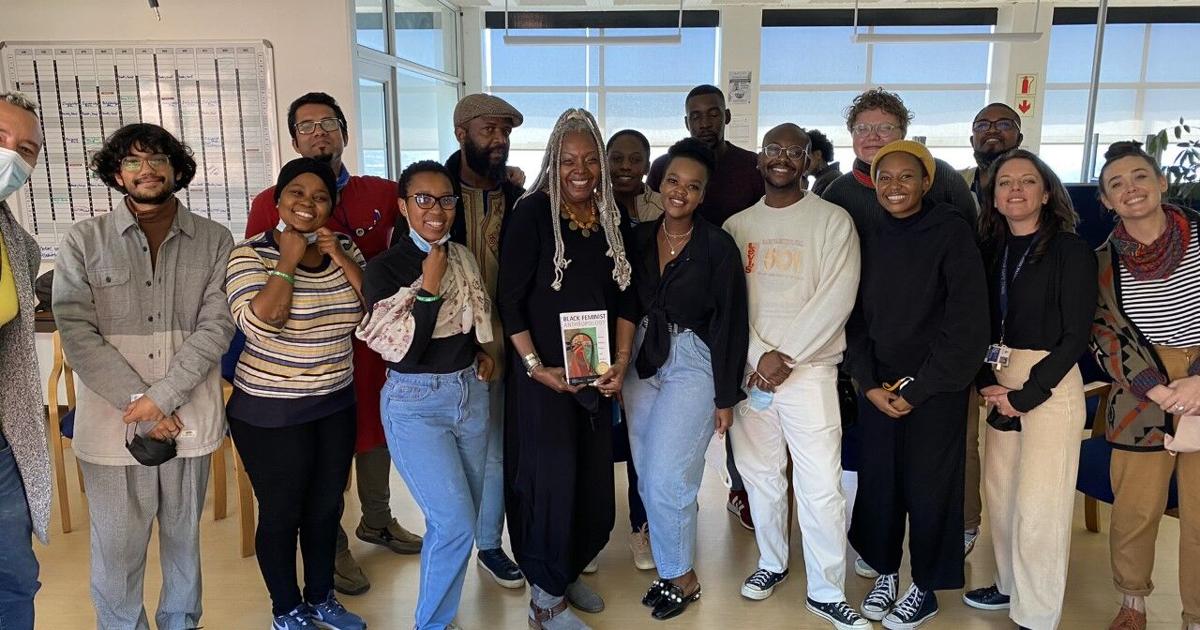“Only in part,” D’Ovidio replies. “There is no denying that having good metrics is important for a certain group of knowledge workers. In my case, being an academic, I am very careful with my citations on Google Scholar: if there are not many, I have to do something, send the paper to friends, go to conferences, etc. Everyone builds their own metric as they prefer, and even that has become a skill. However, to make a Black Mirror-style example, knowledge workers become like items sold on Amazon or restaurants on Deliveroo, the success of which largely depends on scores and other forms of quantitative metrics.
But how long can this game last? A game that requires total dedication, a very long education, a relentless quest for a good reputation, exhausting personal branding, to transform into a kind of start-up while receiving in return an often disproportionate (negative) economic treatment? “If we wanted to explain it in Marx’s words, we could say that capital tends to create high expectations in the sectors in which people invest,” concludes Marianna D’Ovidio. “This mechanism, in recent years, has focused precisely on the cognitive or creative worker, while in the 1990s, it has mainly focused on finance workers. For some people, the necessary economic, social and time investment will pay off, but for most it will not. The lucky ones who succeed will continue to attract new career aspirants. But once you’re in this game, there’s a reputation to be maintained. And in order to do that, sometimes people are willing to agree to any terms, pretending that everything is perfectly fine.
 Xing Wu
Xing Wu



